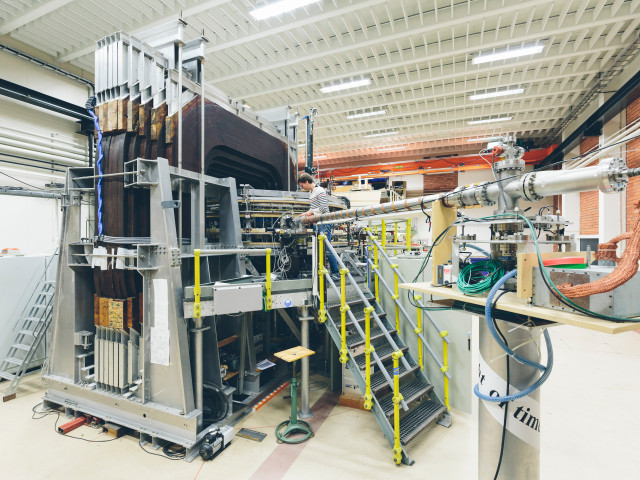Theory of Monte Carlo methods.
General variance reduction techniques.
Pseudo-random and quasi-random sequences.
Monte Carlo simulation of particle transport.
Monte Carlo simulation of nuclear reactors.
Variance reduction techniques in Monte Carlo reactor physics.
Trends in Monte Carlo reactor physics.
Monte Carlo in other fields like nuclear medicine, radiation protection etc.
The Monte Carlo method is a stochastic way of solving various problems through numerical simulations utilizing sequences of random numbers. The method is commonly used when the solution cannot be derived easily in any other way. In reactor physics, the method is, practically, the only one capable of giving detail insight into neutron transport problems in complex fissile systems. Monte Carlo methods are today very widely used in different fields of physics and engineering ranging from astrophysics to e.g. nuclear medicine, particular in modeling of radiation treatment of cancer.
After completed course, the student should be able to:
- apply various Monte Carlo techniques, such as the simple sampling, control variates, correlated sampling, stratified sampling and importance sampling, in solving various mathemetical and physical problems.
- program and choose a generator or pseudo-random and quasi-random sequences.
- interpret and evaluate the results of statistical nature.
- master the theory behind the Monte Carlo simulation of neutron transport in fissile systems and non-fissile systems with an extrenal source of neutrons.
- activiely use Monte Carlo codes established in reactor physics. The student should be able to create a mathemetical model of any fissle system, prepare point-wise nuclear data libraries for specific conditions, choose appropriate values for a number of free parameters that influence the statistical and systematic errors, run the simulation, and derive, interpret and evaluate the results of interest.
